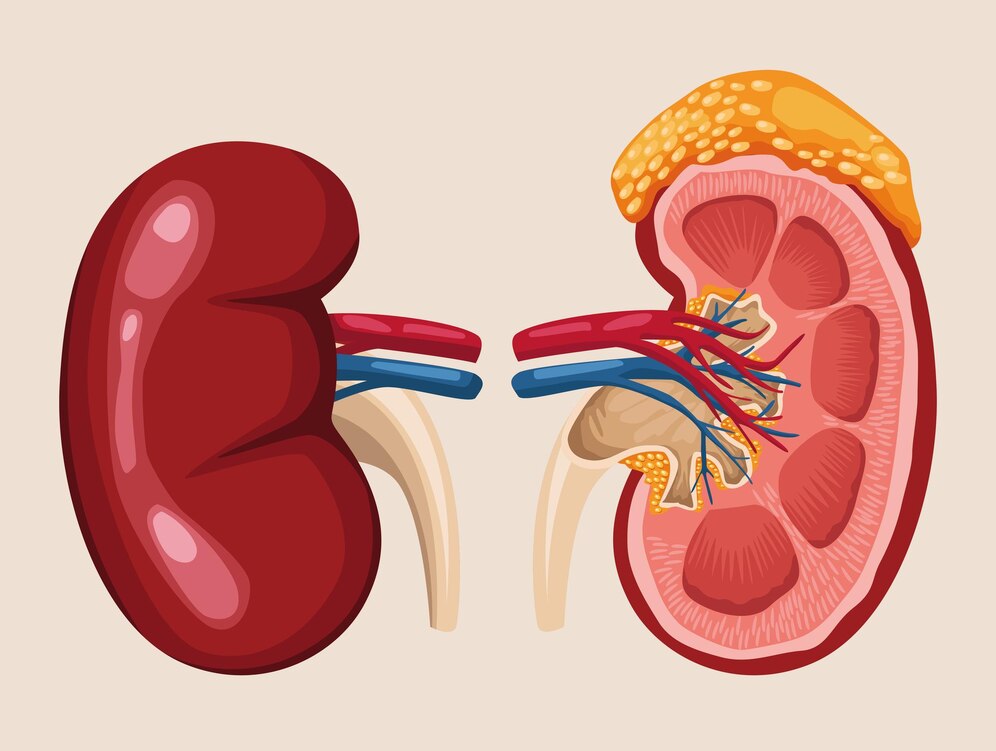
Navigating Complications and Associated Conditions of Nephrotic Syndrome
Introduction: Living with nephrotic syndrome comes with its challenges, including the risk of complications and associated conditions. Understanding these potential issues and how to navigate them is essential for managing the condition effectively. In this simple guide, we’ll explore common complications and associated conditions of nephrotic syndrome and provide tips for navigating them.
Complications and Associated Conditions:
- High Blood Pressure (Hypertension): Nephrotic syndrome can lead to high blood pressure, which increases the risk of heart disease and stroke. Managing blood pressure through lifestyle changes and medications is crucial for reducing this risk.
- Hyperlipidemia: Elevated cholesterol and triglyceride levels are common in nephrotic syndrome, increasing the risk of heart disease.buy zydena online https://cosmeticdermcenter.com/wp-content/uploads/2024/08/jpg/zydena.html no prescription pharmacy
A low-fat, low-cholesterol diet and medications may be necessary to manage hyperlipidemia. - Blood Clots (Thrombosis): Nephrotic syndrome can cause increased blood clotting, leading to blood clots in the legs (deep vein thrombosis) or lungs (pulmonary embolism).buy neurontin online https://cosmeticdermcenter.com/wp-content/uploads/2024/08/jpg/neurontin.html no prescription pharmacy
Blood thinners may be prescribed to prevent clot formation. - Infections: Reduced immune function due to protein loss in the urine makes individuals with nephrotic syndrome more susceptible to infections. Vaccinations and prompt treatment of infections are essential for preventing complications.
- Malnutrition: Protein loss in nephrotic syndrome can lead to malnutrition, causing weakness, fatigue, and poor growth in children. A balanced diet rich in high-quality protein and regular monitoring of nutritional status are essential for preventing malnutrition.
- Kidney Failure: In severe cases, nephrotic syndrome can progress to kidney failure, requiring dialysis or kidney transplant for survival.
Navigating Complications:
- Follow Treatment Plan: Adhere to your healthcare provider’s recommendations for medications, lifestyle changes, and follow-up appointments to manage complications effectively.
- Monitor Symptoms: Pay attention to changes in symptoms such as swelling, changes in urine output, chest pain, or shortness of breath, and report them to your healthcare provider promptly.
- Adopt Healthy Lifestyle: Maintain a healthy diet, engage in regular physical activity, avoid smoking, limit alcohol consumption, and manage stress to reduce the risk of complications and improve overall health.
- Stay Informed: Educate yourself about nephrotic syndrome and its potential complications to empower yourself and make informed decisions about your health.
- Seek Support: Lean on your healthcare team, family, and friends for support and guidance in navigating complications and managing nephrotic syndrome effectively.
Conclusion: Navigating complications and associated conditions of nephrotic syndrome requires diligence, awareness, and support from healthcare providers and loved ones. By staying informed, adhering to treatment plans, adopting a healthy lifestyle, and seeking support when needed, individuals with nephrotic syndrome can minimize complications and improve their quality of life.
- Complications:
- Kidney Failure: Progressive kidney damage can lead to kidney failure, where the kidneys lose their ability to function properly, requiring dialysis or transplant.
- Blood Clots: Nephrotic syndrome increases the risk of blood clots, which can lead to serious complications such as deep vein thrombosis (DVT) or pulmonary embolism.
- Infections: Reduced levels of antibodies and other immune proteins increase the risk of infections, particularly bacterial infections like pneumonia or urinary tract infections.
- Malnutrition: Loss of protein in the urine can lead to malnutrition and deficiencies in essential nutrients, affecting overall health and well-being.
- Associated Conditions:
- Hypertension: High blood pressure is common in individuals with nephrotic syndrome and can contribute to further kidney damage and cardiovascular complications.
- Diabetes: Diabetes is a leading cause of nephrotic syndrome, and individuals with diabetes-related nephrotic syndrome may experience complications related to both conditions.
- Hyperlipidemia: Elevated levels of lipids (fats) in the blood are often seen in nephrotic syndrome and can increase the risk of cardiovascular disease.
- Anemia: Reduced production of red blood cells due to kidney damage can lead to anemia, causing fatigue, weakness, and other symptoms.
Understanding these complications and associated conditions is crucial for proactive management and prevention strategies.
If you or a loved one has nephrotic syndrome, it’s essential to work closely with healthcare providers to monitor for these complications and take steps to minimize their impact.
To seek medical advice, always consult a Doctor. Here are our recommended experts. Click here
To read more on Nephrotic syndrome. Click Here


